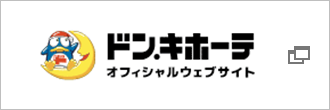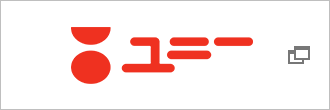Sustainability in the supply chain
The PPIH group believes that addressing issues related to human rights, labor environment, health and safety for all people involved in its business and reducing the environmental impact of the entire supply chain are important challenges for the group as a retailer. We also believe that fulfilling our social responsibility in the supply chain will contribute to the realization of a sustainable society and lead to the growth of both our suppliers, and the group itself. The supply chain management subcommittee, a subsidiary organization of the sustainability committee, is taking the lead in promoting responsible procurement throughout the supply chain based on strong partnerships with suppliers, in accordance with the "Guidelines on Respecting Human Rights in Responsible Supply Chains" issued by the Ministry of Economy, Trade and Industry (METI) and other international guidelines.
PPIH group supply chain code of conduct
In January 2022, the PPIH group established the PPIH group supply chain code of conduct in an effort to procure products that take human rights and environmental issues into consideration.
In November 2023, reflecting international guidelines, consultations with external organizations, and expert advice, and with the approval of the board of directors, we revised items related to the working environment in the supply chain (payment of a living wage, prohibition and reduction of excessive overtime work, etc.) and environmental protection (introduction of renewable energy, effective use of resources including water, prevention of pollution, etc.).
PPIH group supply chain code of conduct (Excerpt)
- ❶Respect for human rights
- ❷Management of working environment, safety and health
- ❸Fair and transparent business activities
- ❹Environmental protection(Efforts to procure sustainable energy, use resources such as water efficiently, and prevent pollution.)
- ❺Quality control
- ❻Information security
- ❼Contributing to the local community
- ❽Efforts to put into practice
The PPIH group supply chain code of conduct is available in six languages as of November 2023.
| Main target area | |
|---|---|
| Japanese | Japan only |
| English | Overseas common |
| Korean | Korea |
| Simplified Chinese | China |
| Traditional Chinese | Taiwan, Hong Kong |
| Thai | Thailand |
Dissemination of the supply chain code of conduct to suppliers
-Distribution and collection of the supply chain code of conduct and pledge forms
In order to promote respect for human rights and environmental considerations in the supply chain, we ask suppliers who handle original products (PB/OEM) to submit a written pledge that they comply with the "PPIH group sustainable procurement policy" and the "PPIH group supply chain code of conduct". In addition, we ask all new suppliers to submit a written pledge before commencing transactions, regardless of whether they are dealing with original products or not.
To date, we have had a total of over 1,200 suppliers submit pledges cumulatively (as of March 2024).
-Briefing sessions
In order to promote responsible procurement that takes human rights and the environment into consideration throughout the supply chain in the development of original products together, we have held briefing sessions both in person and online for targeted suppliers in 2022. At these briefing sessions, we explained the objectives and policies of the group's supply chain management efforts, as well as the code of conduct, which includes human rights and environmental content.
Briefing session participation (2022)
- ・No. of suppliers : 740
- ・No. of participating suppliers : 734
- ・Participation rate : 99.2%
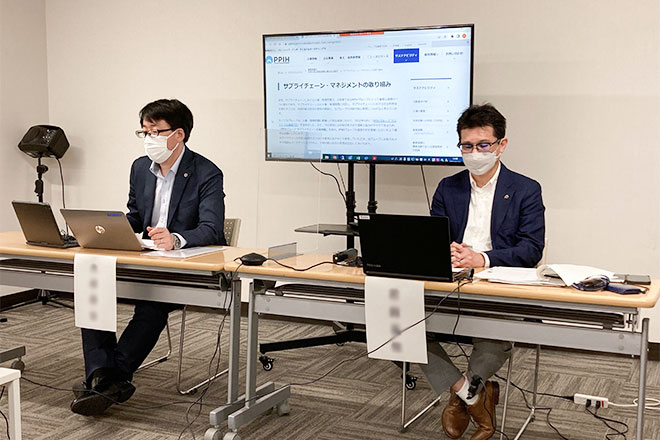
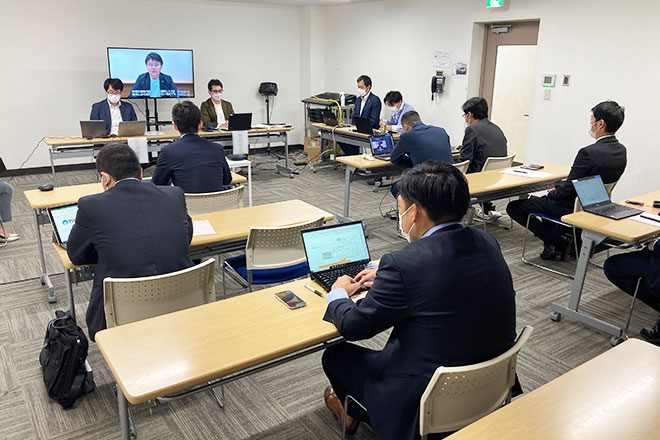
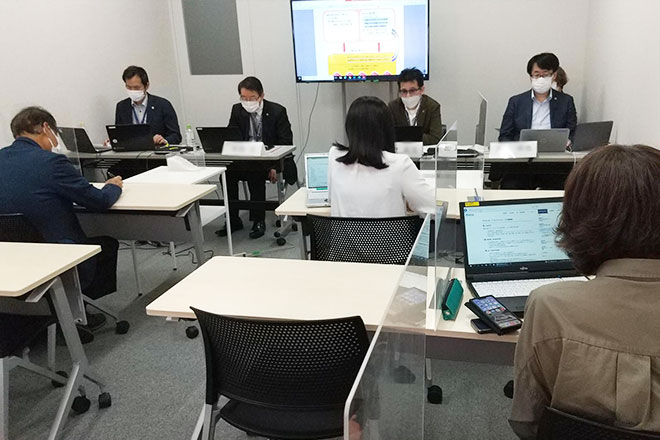
Briefing session held in 2022.
Risk assessment and monitoring
Self-assessment questionnaire
We are operating a self-assessment questionnaire for suppliers (SAQ / 45 items in 8 categories) to assess the status of risk identification and promotion of the supply chain code of conduct for existing and new suppliers. This SAQ was prepared with reference to the "ILO Core Labor Standards" and other standards, and has been implemented for suppliers who outsource the manufacturing of our original products since June 2022.
| Self-check questionnaire survey categories and major items |
|---|
|
(1) Human rights and labor Prevention of child and forced labor, discrimination, harassment |
|
(2) Health and safety Appropriate measures against hazardous chemicals, industrial accidents, etc. |
|
(3) Fair trade and ethics Prevention of bribery, illegal contributions, abuse of a superior bargaining position, etc. |
|
(4) Environment Legal compliance for wastewater, sludge, waste disposal, etc., formulation of waste reduction targets |
|
(5) Quality and safety Development and operation of a quality management system |
|
(6) Information security Appropriate management and protection of personal and confidential information |
|
(7) Contribution to society Implementation of activities that contribute to the development of the international and local communities |
|
(8)Other (co-existence and co-prosperity) Responsible sourcing of raw materials linked to human rights and environmental risks, such as palm oil, cocoa, and minerals. |
-Results of self-assessment questionnaire
| Period | No. of factories distributed | No. of factories who replied | Response rate |
|---|---|---|---|
| June 2022 - March 2024 | 2,414 factories | 2,414 factories | 100% |
The SAQ responses are evaluated overall based on compliance status with each item and the severity of the risk. We prioritize the areas related to human rights the most, such as child labor, forced labor, prohibition of discrimination, and harassment. The survey has confirmed that there have been no serious risk responses related to human rights, labor, and health and safety that constitute a major risk incident at any of our factories to date (as of March 2024).
The results of the SAQ are provided as feedback as necessary, and the company is asked to continuously work on improvements and corrective measures. We plan to conduct another SAQ in FY2024 for suppliers that we have provided support to.
-Approach to suppliers to enhance their Initiatives
Follow-up seminars for risk assessment and monitoring are conducted for suppliers who have been identified through the SAQ as having issues that need to be addressed.
Based on the "Guidelines on Respecting Human Rights in Responsible Supply Chains" issued by METI and other guidelines, we explain the necessary actions companies need to take and provide advice on specific strategies, such as implementing human rights due diligence practices.
・No. of times implemented in 2022 : 12
・No. of times implemented in 2023 : 8
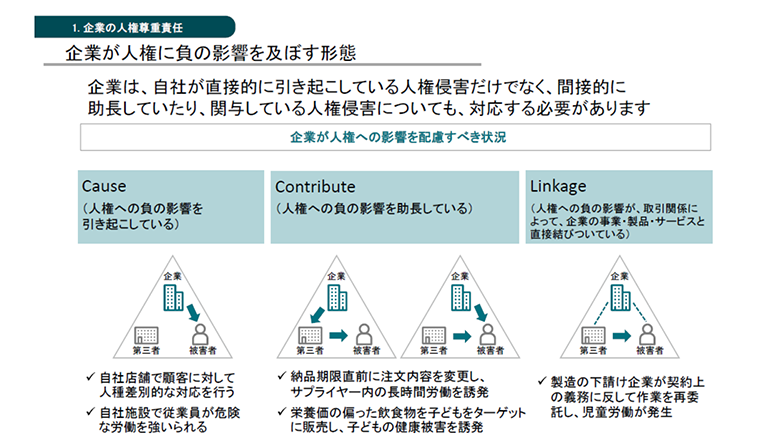
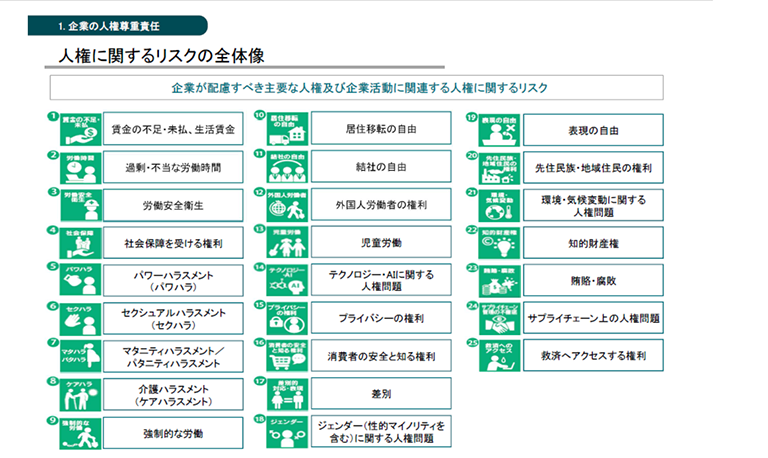
Examples of the materials used in the follow-up seminar
Conducting third-party audits
The group conducts third-party audits on factories that manufacture our original products. These factories are selected based on various risk management factors such as the scale of transactions, the type of products they manufacture, and the country where the factory is located.
In FY2023, third-party audits were conducted targeting certain factories in China and Japan. While there were no non-conformances in the most prioritized areas (child labor, forced labor, and inhumane employment), we identified the need for improvements in labor management and occupational safety and health at 4 factories, and in labor management, occupational safety and health, and waste disposal at 1 factory.
The results of the audit are shared with the target factories and suppliers, and specific advice is provided to aid in making improvements in response to the findings.
<< Steps for improvement efforts >>
- ❶Audit reporting
- ❷Sharing of issues
- ❸Discussing and confirming details of initiatives for improvement
- ❹Interviews to confirm progress
In the future, we plan to expand the scale and conduct third-party audits on more factories contracted for the production of original products.
Other initiatives related to supply chain management
Setting up a hotline for remedial action
The Group has established a reporting hotline exclusively for business partners, including suppliers. Information on the hotline is posted in our business meeting rooms in order to raise awareness.
The contact points are both internal and external (third-party law firms), and the privacy of the person consulting or reporting is strictly protected, keeping them anonymous. If a human rights violation is recognized through the hotline consultation, an investigation will be conducted to resolve the issue.

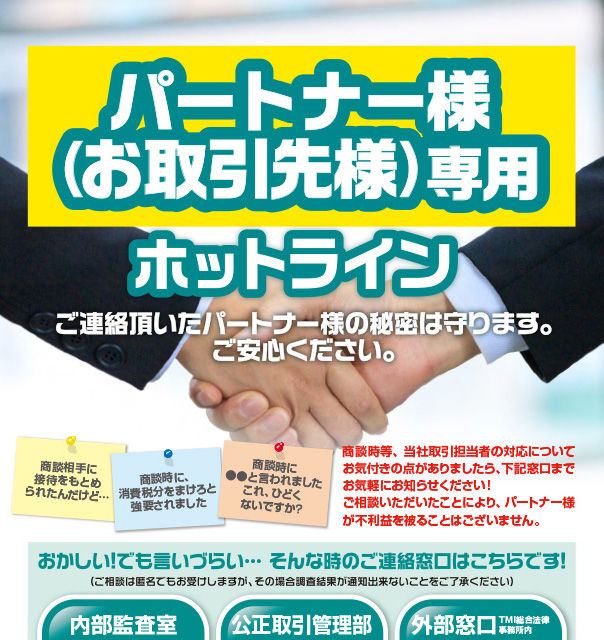
Internal education
The supply chain management subcommittee of the sustainability committee plays a central role in the group's training programs for personnel involved in the development of original products. The training was based on the "Guiding Principles on Business and Human Rights" issued by UN and the "Guidelines on Respect for Human Rights in Responsible Supply Chains" by METI, and explained the group's procurement policy, human rights and environmental risks in the supply chain, as well as actual cases. 376 participants attended the training held in April 2024.


Examples of the materials used in internal education
Endorsement of supply chain initiatives and collaboration with external organizations
-Environmental field
Japan Climate Leaders Partnership (JCLP)
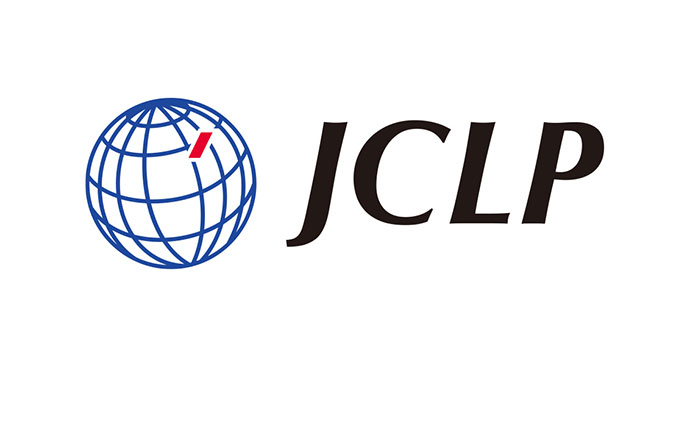
We agree with and support the principle that the industry should have a healthy sense of urgency and initiate proactive actions in order to achieve a sustainable decarbonized society, and we are committed to participating in this partnership. Study sessions are also held on the theme of decarbonizing the entire supply chain.


